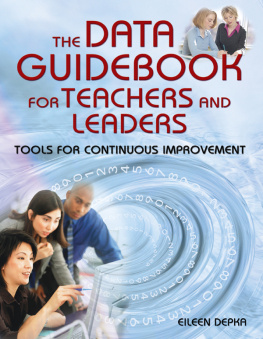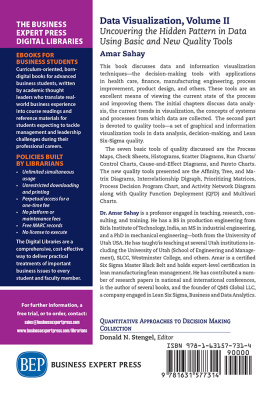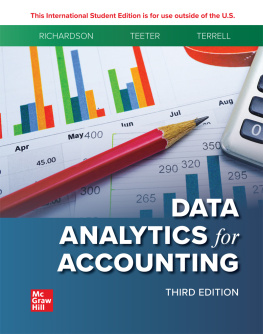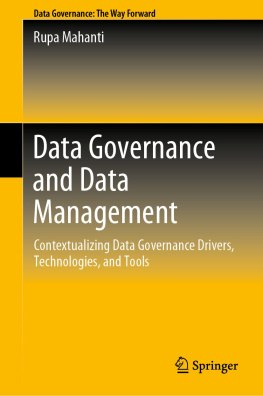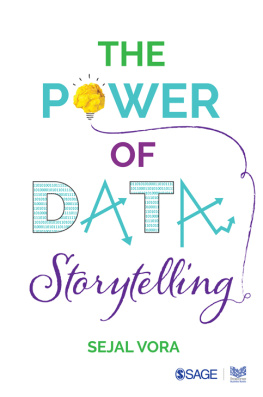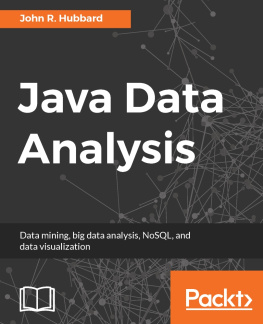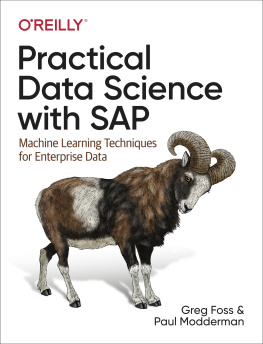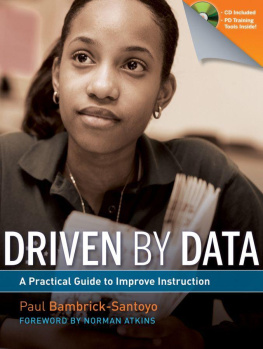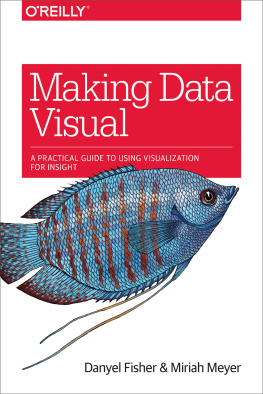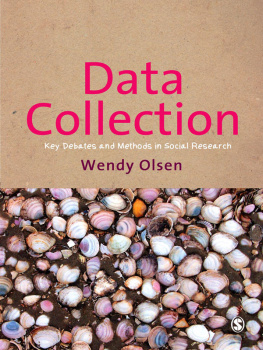
Copyright 2006 by Corwin Publishing
First Skyhorse Publishing edition 2016.
All rights reserved. No part of this book may be reproduced in any manner without the express written consent of the publisher, except in the case of brief excerpts in critical reviews or articles. All inquiries should be addressed to Skyhorse Publishing, 307 West 36th Street, 11th Floor, New York, NY 10018.
Skyhorse Publishing books may be purchased in bulk at special discounts for sales promotion, corporate gifts, fund-raising, or educational purposes. Special editions can also be created to specifications. For details, contact the Special Sales Department, Skyhorse Publishing, 307 West 36th Street, 11th Floor, New York, NY 10018 or .
Skyhorse and Skyhorse Publishing are registered trademarks of Skyhorse Publishing, Inc., a Delaware corporation.
Visit our website at www.skyhorsepublishing.com.
10 9 8 7 6 5 4 3 2 1
Library of Congress Cataloging-in-Publication Data is available on file.
Cover design by Rose Storey
Print ISBN: 978-1-63450-776-9
Ebook ISBN: 978-1-63450-787-5
Printed in the United States of America
Special thanks to the following people for
their friendship, encouragement, and support:
Jeffrey Depka
Kay Burke
Heidi Laabs
The dedicated staff of the School District of Waukesha
Mom
Contents
List of Figures
Preface
T he intent of The Data Guidebook for Teachers and Leaders: Tools for Continuous Improvement is to accentuate the importance of data collection and analysis within any educational setting. The data guidebook connects data collection to a continuous improvement cycle. This process identifies the purpose for data collection and analysis and places it into a system to improve student achievement.
This book outlines data collection and analysis. Tips on which data to collect, the identification of essential data, and the creation of a data balance are highlighted. The data delve, a gathering of individuals to analyze data, is explained in detail, and organizational and reflective tools are included to assist in this process. Text regarding the organization of the delve provides step-by-step directions for planning and implementing a successful data experience. Techniques for building an atmosphere of trust and openness are included.
Information about collecting, reporting, and analyzing a variety of assessments is also included. Standardized tests, district assessments, and classroom evaluations are highlighted. Detailed information regarding a variety of reporting techniques is provided, along with references to tools to help others make sense of the data. Holistic and analytical rubrics are described, and examples of valuable rubric data are covered. A variety of classroom data uses are also discussed.
Throughout the book, there is an emphasis on working together while maintaining a focus on improved student achievement. Involving all of the key stakeholders in a data analysis and improvement process is recommended. Data analysis and reflection go hand in hand. There are examples of a variety of analysis and reflective activities that will aid in the process.
The book is full of examples and tools to enhance the use of data within classrooms, schools, and school districts. Data is promoted as an essential decision-making tooldata is knowledge. Analysis is not the end of the process but the beginning of a continuous improvement cycle.
This book is intended for use by individuals and groups who work within an educational setting, who have a connection to schools and districts, or who would like to know more about data and its connection to continuous school improvement.
ACKNOWLEDGMENTS
Skyhorse Publishing wishes to acknowledge the following reviewers for their contributions:
Joannie Kalina
Director of Curriculum
Kewaskum Elementary School
1415 Bilgo Lane
Kewaskum, WI 53040
Sharon Sweet
Administrator of Instructional Services
LAUSD District #6
5800 S. Eastern Avenue
5th Floor
Commerce, CA 90040
Jane Gaver
Curriculum Specialist
Davidson Elementary School
3915 E. Ft. Lowell Road
Tucson, AZ 85712
Deborah Beldock
Executive Director
San Diego City Schools
Eugene Brucker Education Center
4100 Normal Street
Room 2116 Educational Center
San Diego CA, 92103
Christelle Estrada
Director
Utah Staff Development Council
Professional Development Services
Salt Lake City District
440 East 100 South
Salt Lake City, UT 84111
Marlene Felix
Administrator of Instructional Services
LAUSD Local District #3
3000 South Robertson Blvd.
Suite 100
Los Angeles, CA 90034
Linda Thalacker
Educational Consultant: Standards, Assessment, and Data
6320 Charles Street
Racine, WI 53402
Rita J. Corbett
Teacher and Corwin Author
683 Bent Ridge Lane
Elgin, IL 60120
About the Author

Eileen Depka is a veteran educator and currently works as the supervisor of standards and assessment for the Waukesha School District in Wisconsin. While focusing on assessment, she works with teachers and administrators to organize and use data as part of the decision-making and goal-setting processes in an effort to increase student achievement. With the No Child Left Behind legislation as a constant focus, she helps administrators and teachers share data and implement practices to meet improvement goals.
A regular presenter at both local and national conferences, she is the author of Designing Rubrics for Mathematics and the Applying Mathematical Concepts manual, as well as articles on mathematics, assessment, and data analysis. Eileen has served as a content adviser for educational videos, a writer of online courses, and an instructor of graduate-level courses in education.
Driving all of her work is her passionate belief that all students can achieve high levels of proficiency and her dedication to educators in their quest to help all students experience academic success.
1
Data-Based Decision Making and the Improvement Process
WHAT DO THE EXPERTS SAY?
Its all about continuous school improvement. Everything centers on student achievement. Article after article provide tips about improving student performance. Book after book include a variety of strategies outlined to increase student understanding. Excellent resources are plentiful. Without a focus, the use of these resources may have no impact on achievement. So what role do data play in the improvement process? Data supply the focus and identify the target. Through the collection and analysis of data, needs are recognized. Data-based goals are created. When incorporated into an improvement plan, impact on achievement is not only possible but likely.
According to Jones and Mulvenon (2003), an increasing amount of evidence supports the impact data have on student achievement. Jones and Mulvenon state that when teachers and principals track student achievement systematically, they can make adjustments in the educational system that result in real improvements in student achievement (p. 13).

